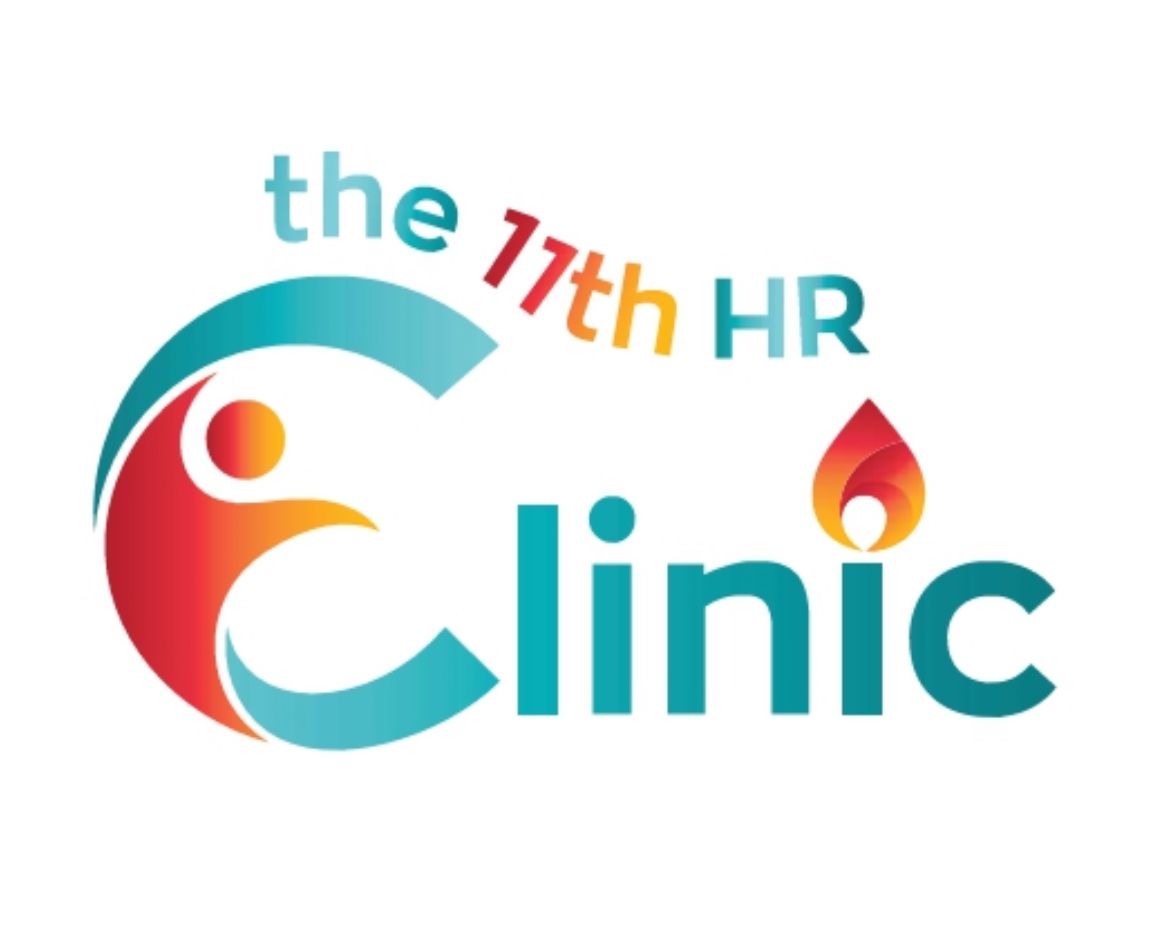When Every Choice Feels Hard: Understanding Decision Fatigue
Reclaiming Mental Energy for the Decisions That Matter
The weight of everyday choices
Have you ever found yourself standing in front of the fridge, staring at the food inside, and thinking: I just can’t decide what to eat? Or maybe after a long day at work you scroll through streaming options, overwhelmed by choices, and end up watching nothing at all.
These moments are more than just quirks of modern life. They are the daily face of decision fatigue. While one or two small choices don’t seem like much, the sheer number of decisions we make each day adds up and it wears down our ability to think clearly and act with intention.
Some research suggests we make hundreds, even thousands, of small decisions daily from what to wear and eat, to how to respond to emails, manage tasks, and navigate relationships (Vohs et al., 2008). By the time evening rolls around, even simple choices can feel overwhelming.
How decision fatigue plays out at work and home
At work, decision fatigue can lead to:
- Procrastination: avoiding important tasks because they require effortful thinking.
- Snap choices: relying on the easiest or quickest option instead of the best one.
- Short tempers: reduced patience in meetings or with colleagues.
- Oversights: missing details that would normally be caught with fresh eyes.
At home, decision fatigue might look like:
- Arguing with family over “what’s for dinner.”
- Defaulting to takeout or scrolling endlessly without choosing.
- Avoiding bills, budgeting, or household planning.
- Feeling drained even from low-stakes choices, like weekend plans.
It’s not a sign of laziness or weakness. It’s simply how the brain responds to decision overload.
Why it happens
The classic theory was that decision-making uses up a limited mental resource. After a long series of choices, the “tank” runs low, leaving less capacity for self-control and thoughtful action (Baumeister & Vohs, 2016). Supporting this, early experiments showed people performed worse on later tasks after making many choices (Vohs et al., 2008).
But the story is evolving. More recent studies have questioned whether mental energy really works like a fuel tank. Large-scale replications have found mixed results, suggesting other factors may play a role (Hagger et al., 2016; Carter & McCullough, 2014; Dang, 2018).
Newer explanations suggest decision fatigue may be less about depletion and more about shifting motivation and attention. After hours of choices, our brain starts favouring comfort, efficiency, and quick rewards (Inzlicht & Schmeichel, 2012; Molden et al., 2012). This explains why we reach for fast food instead of cooking, or agree to unnecessary meetings instead of tackling complex work.
Signs you might be experiencing it
- Feeling mentally “foggy” or overwhelmed by even simple decisions.
- Pushing tasks into “tomorrow” piles.
- Noticing you’re more impulsive in the afternoon or evening.
- Irritability when asked for input or opinions.
- Struggling with patience in family, team, or leadership roles.
Practical ways to manage decision fatigue
The goal isn’t to avoid all decisions. It’s to save your energy for what matters most.
- Automate and simplify.
Remove small daily choices by using routines. Think: meal planning, a work “uniform,” or automatic bill payments (Vohs et al., 2008).
- Tackle tough stuff early.
Your brain is freshest in the morning, so schedule complex or high-stakes decisions then (Kim et al., 2019; Linder et al., 2014).
- Take micro-breaks.
Even a few minutes away from your desk helps reset attention. Research shows micro-breaks improve energy and performance (Albulescu et al., 2022).
- Limit options.
Don’t drown in endless possibilities. Narrow choices to a manageable number (Iyengar & Lepper, 2000).
- Set defaults.
Healthy or productive defaults, like pre-scheduled exercise, or recurring calendar blocks, reduce effortful decision-making (Kim et al., 2019).
- Share the load.
At work, delegate decision-making where possible. At home, spread tasks across family members. Collective responsibility reduces burnout.
- Practice compassion.
When you notice yourself procrastinating or choosing the “easy” option, remind yourself: this is decision fatigue, not personal failure.
Why it matters
Unchecked, decision fatigue can chip away at both productivity and wellbeing. It reduces creativity, clouds judgment, and increases stress. Over time, the cycle of poor decisions followed by self-blame can also affect mental health.
Recognising decision fatigue is the first step. Once you understand it’s a brain process, not a flaw, you can build habits and systems that support clarity and reduce overwhelm.
When to get support
If daily decisions consistently feel heavy, or you notice this spilling into your relationships, finances, or leadership roles, you don’t have to push through alone. Support from structured coaching to mental health services can help you design better systems, improve balance, and restore your decision-making strength.
At 11th hour clinic, we help people who are overwhelmed by choices find clarity, energy, and sustainable ways forward both at work and at home. For a confidential consultation on how we can help book online at one of our locations.
References
Albulescu, P., Macsinga, I., Rusu, A., & others. (2022). “Give me a break!” A systematic review and meta-analysis on the efficacy of micro-breaks for increasing well-being and performance. PLOS ONE, 17(8), e0272460.
Baumeister, R. F., & Vohs, K. D. (2016). Strength model of self-regulation as limited resource: Assessment, controversies, update. Advances in Experimental Social Psychology, 54, 67–127.
Carter, E. C., & McCullough, M. E. (2014). Publication bias and the limited-strength model of self-control: Has the evidence for ego depletion been overestimated? Frontiers in Psychology, 5, 823.
Dang, J. (2018). An updated meta-analysis of the ego depletion effect. Psychological Research, 82(4), 645–651.
Danziger, S., Levav, J., & Avnaim-Pesso, L. (2011). Extraneous factors in judicial decisions. Proceedings of the National Academy of Sciences, 108(17), 6889–6892.
Hagger, M. S., Chatzisarantis, N. L. D., Alberts, H., Anggono, C. O., Batailler, C., Birt, A., … Zwienenberg, M. (2016). A multilab preregistered replication of the ego-depletion effect. Perspectives on Psychological Science, 11(4), 546–573.
Inzlicht, M., & Schmeichel, B. J. (2012). What is ego depletion? Toward a mechanistic revision of the resource model of self-control. Perspectives on Psychological Science, 7(5), 450–463.
Iyengar, S. S., & Lepper, M. R. (2000). When choice is demotivating: Can one desire too much of a good thing? Journal of Personality and Social Psychology, 79(6), 995–1006.
Kim, R. H., Day, S. C., Small, D. S., Snider, C. K., Rareshide, C. A. L., & Patel, M. S. (2019). Association of primary care clinic appointment time with clinician ordering and patient completion of cancer screening. JAMA Network Open, 2(5), e193403.
Linder, J. A., Doctor, J. N., Friedberg, M. W., et al. (2014). Time of day and the decision to prescribe antibiotics. JAMA Internal Medicine, 174(12), 2029–2031.
Molden, D. C., Hui, C. M., Scholer, A. A., Meier, B. P., Noreen, E. E., D’Agostino, P. R., & Martin, V. (2012). Motivational versus metabolic effects of carbohydrates on self-control. Psychological Science, 23(10), 1137–1144.
Polman, E., & Vohs, K. D. (2016). Decision fatigue, self-control, and enjoyment. Social Psychological and Personality Science, 7(5), 471–478.
Vohs, K. D., Baumeister, R. F., Schmeichel, B. J., Twenge, J. M., Nelson, N. M., & Tice, D. M. (2008). Making choices impairs subsequent self-control: A limited-resource account of decision making, self-regulation, and active initiative. Journal of Personality and Social Psychology, 94(5), 883–898.



